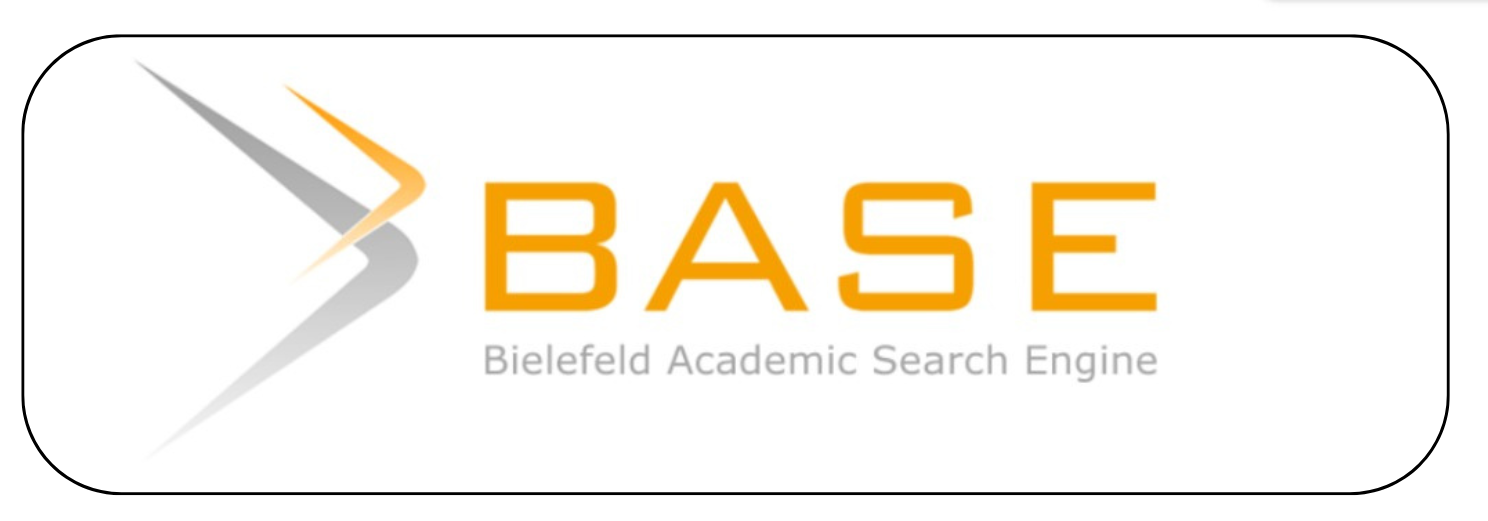The Factors Influencing the Actual Use of Mobile Learning among Students in Malaysia Public Universities
DOI:
https://doi.org/10.61688/jev.v4i2.140Keywords:
Mobile Learning, Behavioral Intention, Actual UseAbstract
The education system has experienced major change since COVID-19, moving away from
traditional learning methods and toward non-traditional solutions. Mobile learning is one of the
most innovative methods of education that has emerged as a result of the widespread accessibility
of information networks and ongoing technological advancement. This denotes the launch of an
unconventional educational platform that makes use of mobile technologies to promote thorough
knowledge gain and interactive learning. Students may show resistance to adopting mobile learning
despite governmental efforts through its policy and benefits linked with educational technologies in
learning. This hesitance is indicated by the conflicting findings present in the existing literature.
The question of whether students possess favourable attitudes towards mobile learning remains an
ongoing challenge to study. Hence, to illustrate thorough explanations regarding challenges related
to the actual usage of mobile learning, the study intends to investigate the influence of perceived
trust, perceived usefulness, perceived usability, perceived facilities, and perceived social influence
of mobile learning. The study adopts these five (5) independent variables to test the dependent
variable namely the actual use of mobile learning and treatment of the behaviour intention derived
from the aforementioned five (5) independent variables. To fully illustrate, the study proposes a
comprehensive framework for implementing mobile learning in public universities. The findings of
the research offer practical advice on how to evaluate and improve the quality of mobile learning
platforms and comprehend diverse factors for the effective use of mobile learning platforms.
Downloads
Downloads
Published
How to Cite
Issue
Section
License
Copyright (c) 2023 Mohamad Nizam Adhaa Kamarudin, Adam Shukry Ali, Nor Hafiza Haron, Azura Salleh

This work is licensed under a Creative Commons Attribution 4.0 International License.












